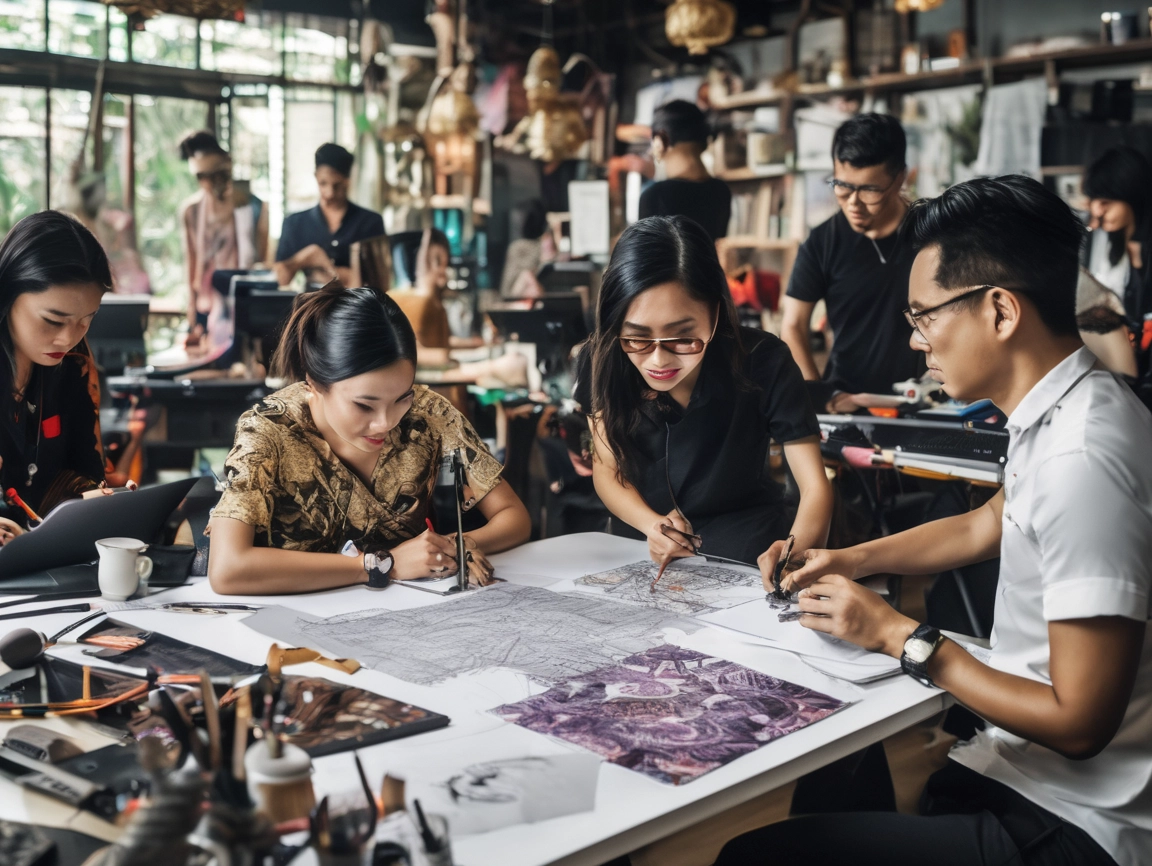Exploring the Surge in Demand for Thai Designers in Startups
The startup landscape has become increasingly competitive, prompting companies to prioritize user experience and aesthetics in their MVPs. Thai designers have gained recognition for their ability to craft visually appealing and user-friendly products that resonate with diverse audiences. This recognition has led to a surge in demand for Thai design talent, as startups look for creative professionals who can elevate their brands and enhance user engagement. Additionally, the global community has become more aware of Thailand’s rich cultural heritage, which often serves as a source of inspiration for innovative design solutions.
Furthermore, the low cost of living in Thailand compared to Western countries has made it an attractive hub for outsourcing design work. Many startups are now tapping into this talent pool, finding that they can access high-quality design services at a fraction of the cost they would incur in regions with higher living costs. This economic advantage has resulted in an increased willingness among startups to partner with Thai designers, thus fueling the demand for their services in the MVP development space.
Moreover, the growth of remote work and digital collaboration tools has eliminated geographical barriers, allowing Thai designers to connect with startups worldwide. Platforms like Upwork and Fiverr have made it easier for startups to find and hire Thai design talent, further contributing to the rising demand. As companies increasingly recognize the importance of exceptional design in their products, the influence of Thai designers is only expected to grow.
Key Factors Driving Thai Talent in MVP Development Projects
Several factors contribute to the attractiveness of Thai designers for MVP development projects. One of the most significant is the strong educational background of many designers in Thailand. Institutions such as Chulalongkorn University and Silpakorn University have established excellent design programs that equip students with the skills necessary to succeed in a global market. Graduates from these programs are often well-versed in the latest design trends and technologies, making them valuable assets for startups looking to create competitive MVPs.
Another factor is the adaptability and cultural sensitivity of Thai designers. With Thailand being a melting pot of cultures, designers from this region often possess unique perspectives that enable them to tailor their designs to various target markets. This adaptability is particularly crucial for startups aiming to penetrate international markets, as having a culturally informed design can significantly enhance product acceptance and user experience. Thai designers are adept at blending Western design principles with local sensibilities, resulting in products that appeal to a broad audience.
Lastly, the burgeoning technology ecosystem in Thailand has also played a role in driving demand for local designers. The establishment of tech incubators and accelerators, such as True Digital Park, has fostered innovation and collaboration among startups. These initiatives have created a need for skilled designers who can help bring ideas to life, thus increasing opportunities for Thai talent in the startup scene. The synergy between design and technology in Thailand continues to thrive, paving the way for a promising future for Thai designers in MVP development projects.
The rising demand for Thai designers in MVP and startup projects highlights the growing recognition of design as a crucial element in product development. With their strong educational background, adaptability, and the support of an expanding tech ecosystem, Thai designers are well-positioned to make significant contributions to the global startup landscape. As startups increasingly prioritize user experience and aesthetic appeal, the influence of Thai design talent is likely to continue its upward trajectory, reinforcing Thailand’s status as a hub for innovative design solutions.




